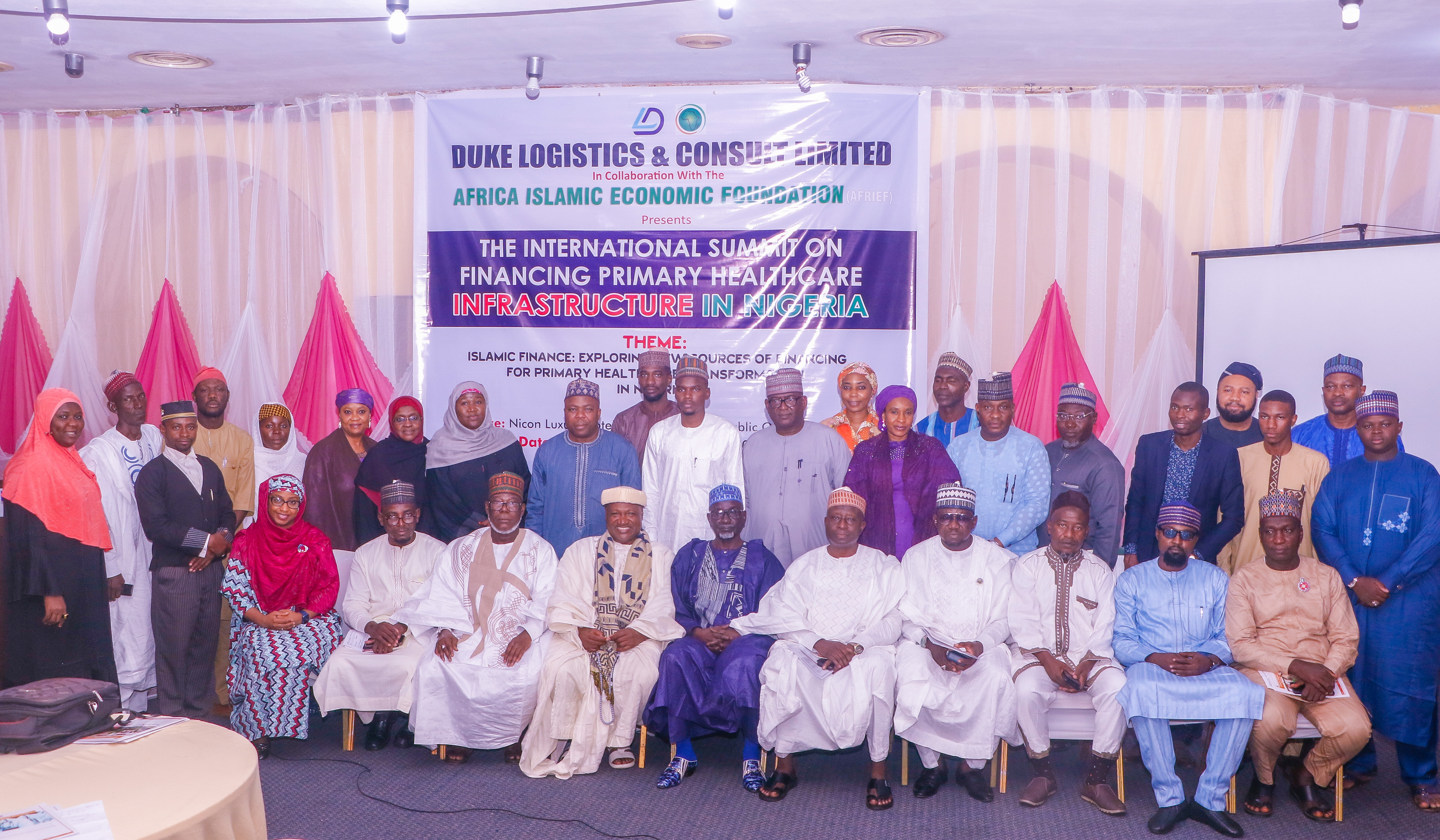By Scott Peterson
After years of saving the lives of Afghan mothers and their newborn babies, the veteran midwife was shocked this week when a long-haired Taliban commander and two fighters entered the clinic where she worked in a remote corner of southeast Afghanistan.
The Taliban insulted the staff, saying women “have no right to go out or work at all” and that their freedoms of the last 20 years – being educated, working in offices, “attending meetings with men,” and going out without a male guardian – had “ruined Afghanistan.”
“Midwives are not necessary in society, because death is in the hands of God, and only God can save mothers’ lives,” railed the Taliban commander, according to the midwife in Paktika province, who asked not to be named for her safety.
“They do not respect the work of doctors or midwives at all, so [the commander] does not want to educate his daughters and forbids them to learn, so that they do not even think about being doctors or midwives someday,” says the midwife. “This kind of insult causes us to lose our morale and discourages us from work.”
Such insults are just one challenge faced by legions of Afghan midwives since the archconservative Taliban seized control of Afghanistan in mid-August.
Midwives occupy a rare nexus that is a conundrum for the jihadis: Modern midwifery requires educated women to perform lifesaving work, which benefits the Taliban’s own wives, mothers, and daughters.
But that necessity rubs up against many Taliban rules – applied haphazardly from region to region, so far – that restrict women’s education and movement.
Midwives as a Barometer
There are some successes of continuity of midwife services, especially with a United Nations Population Fund (UNFPA) program in remote areas.
But how Afghan midwives fare will be a key metric of how far the Taliban will accept the much-expanded role of women in society since the jihadis were ousted from power in 2001.
Back then, there were just 467 trained midwives in the entire country, according to U.N. figures – a number that has soared to more than 15,000 midwives today. Widely respected in their communities for their lifesaving service, midwives have overseen dramatic drops in maternal and infant death rates, which once made Afghanistan one of the most dangerous countries in the world to give birth.
New challenges today include a lack of pay by the new Taliban authorities, difficulty in safely getting to work, and uncertainty that the Taliban worldview will accept the midwives working – and the advanced education they require.
“Under the Taliban right now, midwives are like frontline health care providers,” says an Afghan midwife who received death threats and is no longer in the country, but remains in daily contact with colleagues inside. “Under this situation they have a lot of stress … like when they leave the house, they’re thinking, ‘What will happen to me on the way? What will happen to my family? What will happen in the hospital?’”
“Right now they are losing all their achievements and hope,” she says. “I’m sure if it continues like this, Afghanistan will become the worst country, with the highest maternal mortality.”
In Remote Areas, Some Hope
Still, there are some glimmers of hope. They include those of the UNFPA, the U.N.’s agency for reproductive health, which operates 172 “family health houses” in 10 of Afghanistan’s remotest provinces. In 2020 alone, those community-based facilities conducted more than 11,000 safe deliveries, and a further 9,500 in the first six months of 2021.
Such numbers have continued with barely a blip, despite Taliban control. That’s because access to the health houses – and even which women will be chosen to train two years to be certified midwives – have been negotiated within remote communities by elders talking to local Afghan nongovernmental organizations, says Dr. Aleksandar Bodiroza, the UNFPA Afghanistan country representative.
Most midwifery school students have now returned to class, after staying home during the first weeks of Taliban rule, he says. The two health houses that closed have reopened. Many already operated under Taliban control for years.
“I think it is all about assessing the consequences of preventing midwives [from] delivering those services,” says Dr. Bodiroza, who is based in Kabul. “In a situation where every day we hear news of closing of educational institutions for girls … we are able to mobilize the community and send women to get education in midwifery schools delivered in urban settings,” he says. “So far, this has not been challenged by the Taliban.”
One reason was clear when Dr. Bodiroza recently visited a village high in the mountains of central Daikundi province. The head of the local council, a religious figure, said that before 2016, women died “on a weekly basis.” But after the UNFPA opened the local health house, “not a single woman died giving birth.”
The UNFPA program of family health houses services 4 million Afghans, just 10% of the population. It has plans to expand ninefold, to open a total of 1,500 family health houses to better serve remote regions. But even the current level is at risk, due to the World Bank and Western donors halting aid flows since the Taliban takeover.
With poverty chronic, hunger widespread, and a health system on the brink of collapse as winter approaches, the U.N. warns of a looming humanitarian “catastrophe.” It has made an emergency appeal for $606 million through the end of 2021.
The UNFPA warns, in a worst-case scenario, that total closure of the health system would result in tens of thousands of additional maternal deaths by 2025.
“We are now talking about losing, in the next two years, all the gains from the past 10 years in terms of maternal health and reduction in maternal mortality … if we don’t find a sustainable solution,” says Dr. Bodiroza.
Impressive gains
Those gains have been impressive. In 2009, for example, the U.N. Children’s Fund said Afghan women were confronted with a lifetime risk of death from childbirth of 1 in 8, the second-highest in the world.
By 2014, the U.N. said Afghanistan had become “a regional leader in the midwifery profession, and a model for reducing maternal mortality.” The rate of maternal deaths dropped dramatically from 1,600 per 100,000 live births in 2002, to 638 in 2017.
Using those milestones to obtain blanket Taliban acceptance may not be easy, says Heather Barr, associate director of women’s rights and a former Afghanistan researcher for Human Rights Watch.
“The Taliban need midwives, or at least their wives and children and daughters need midwives. But the Taliban seem to have a pretty high tolerance for letting their people suffer,” says Ms. Barr, contacted in Islamabad, Pakistan. “I think they’re entirely capable of saying, ‘It’s more important to enforce rules that limit women’s freedom of movement than to reduce maternal and infant mortality.’”
The power of Taliban rules was exemplified to Ms. Barr last spring, when she interviewed a woman in Kabul. During the Taliban’s previous tenure in power, the woman had chosen to give birth at home and alone, rather than risk stepping outside and being seen without a male guardian by the Taliban.
“Afghan women don’t have the option for despair,” says Ms. Barr. “The vast majority of Afghan women have not left the country, and will not leave the country. So they’re going to have to find a way to live in these circumstances.”
Working conditions
And that is not proving easy, even for devoted midwives like one in eastern Nangarhar province. The Taliban have forced midwives to work without pay or transport, and many have left the country, says the midwife, who asked not to be identified for her safety.
How difficult are these days? This midwife says a colleague was stopped by the Taliban last week, without a male guardian, for example. The colleague was beaten and had her smartphone broken.
In addition, this midwife fears rumors that the Islamic State intends to assassinate midwives – just as ISIS jihadis attacked a maternity hospital in Kabul in May 2020, killing 24 people, including mothers and pregnant women.
“When I went to my job before, I enjoyed my work, and serving people, especially mothers,” says the midwife. “But now … I feel like I am going to prison, because our work environment is under Taliban control, and they don’t respect women who work.”.
Courtesy: Christian Science Monitor.





 TRENDING12 months ago
TRENDING12 months ago
 PROFILE9 months ago
PROFILE9 months ago
 BUSINESS & ECONOMY3 years ago
BUSINESS & ECONOMY3 years ago
 BUSINESS & ECONOMY3 years ago
BUSINESS & ECONOMY3 years ago
 BUSINESS & ECONOMY3 years ago
BUSINESS & ECONOMY3 years ago
 HALAL ECONOMY10 months ago
HALAL ECONOMY10 months ago
 SPECIAL REPORTS5 months ago
SPECIAL REPORTS5 months ago
 BUSINESS & ECONOMY3 years ago
BUSINESS & ECONOMY3 years ago



